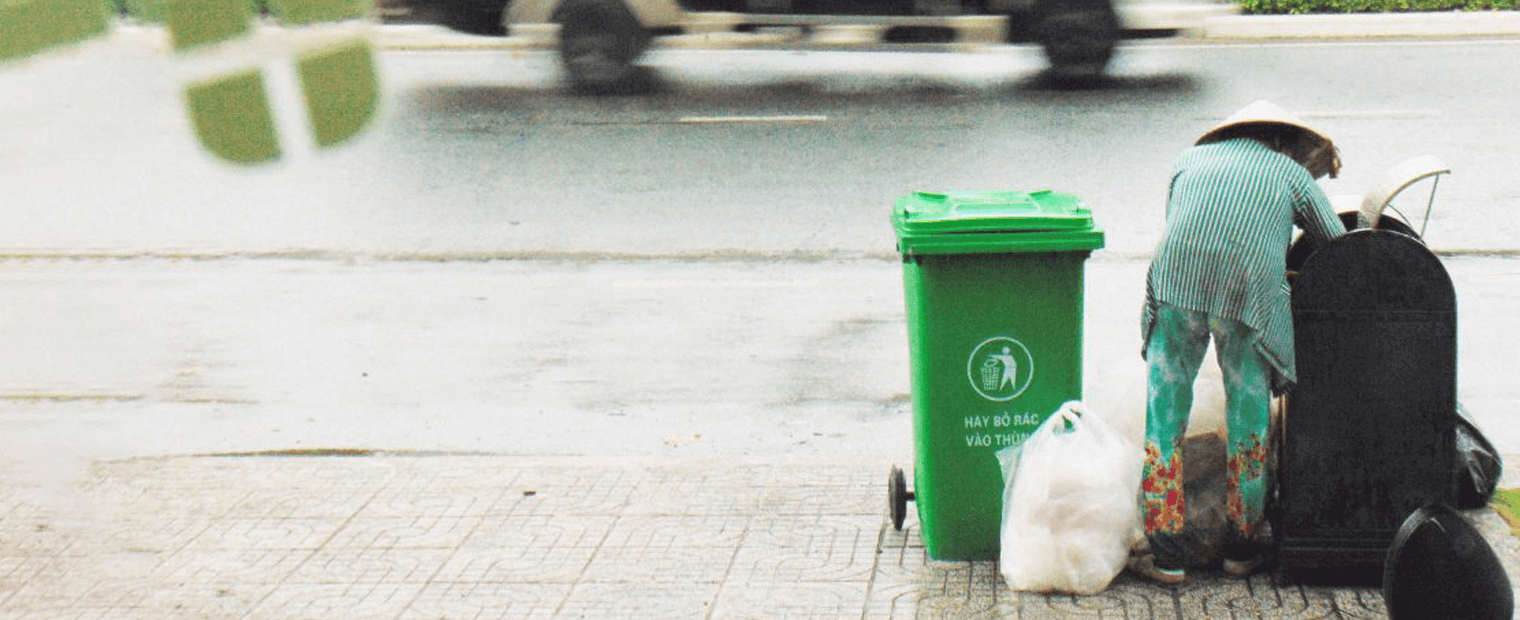There are seven types of plastics produced globally, but only two can be recycled. As a result, a paltry nine percent of plastic is being recycled. Of the billions of tons of plastic produced since 1950, most of it has been discarded, burned, or dumped into landfills. Every day, normal activities like washing our clothes are causing more plastic particles to accumulate in our oceans and pollute the environment.
For decades, common solutions for plastic waste have included recycling and redirecting plastic streams away from entering the sea. Today, startups are looking for a better solution for the plastic waste problem, including alternative plastic materials. It’s all part of the movement towards a circular economy in which waste material recycling is reimagined and resources are infinitely reused.
Current Plastic Recycling Technology
Plastic recycling has come a long way since it first began in earnest in the 1970s. The first plastic waste recycling plant was created in the U.S., in Conshohocken, Pennsylvania. In the 80s and 90s, PET and HDPE plastics were specifically designed with recycling in mind. By the early 2000s, recyclers were collecting recyclable plastics in a single stream which led to the recovery of up to three times more recyclable materials.
Unfortunately, early solutions did not stem the growing mounds of plastic waste. Around the globe, more tons of plastic containers, plastic pellets, and even plastic particles are still being discarded and still polluting lands, rivers, beaches, and oceans. It’s clear a new and more advanced plastic recycling technology for our plastic waste problem is needed.
Environmental Benefits of Plastic Recycling Technology
Reducing plastic waste is a critical issue for people and the planet. Emerging technologies offer a wide variety of solutions including breaking down plastics that previously could not be recycled and using chemical processes to convert post-consumer plastics into fossil fuel replacements. The benefits these technologies and others like them bring to the environment are significant.
- Energy conservation. Recycling a ton of plastic saves energy equal to 5.774 kWh. That’s the equivalent to the amount of energy consumed by two people for a year.
- Reduced petroleum use. It’s estimated up to 40 percent of oil consumption could be reduced through recycling plastic waste. That’s 16.3 barrels of oil per ton of recycled plastic.
- CO2 emission reduction. Reduced oil consumption means reduced emission of CO2 and other greenhouse gases produced during the production of new plastics.
- Reduced landfill use. Fewer plastics in landfills means less emission of common landfill gases like carbon dioxide and methane. Both gases affect local communities through the ground and air, causing public health problems and environmental damage.
Reducing Demand for Raw Materials
Despite a growing awareness of the risk plastic waste poses, people still love their “stuff,” much of it made using plastic. And when that stuff grows outdated or is unwanted, people tend to throw it out. A better solution is to take all the stuff people dispose of, including food scraps, food containers, and other household waste and turn it into a renewable resource that can be used to create new products. Not only does this keep tons of waste out of landfills, but it also conserves natural resources such as trees, metal ores, and sand.
UBQ Material is an award-winning, innovative thermoplastic that can be used in a wide variety of popular products including automotive parts, food packaging, medical devices, and more. Much more than a plastic recycling technology, UBQ helps manufacturers reduce their carbon footprint and meet sustainability goals. Completely organic and mechanically recyclable, UBQ is designed with an eye towards rendering landfills obsolete and creating a world where a circular economy is the preferred norm.
Get in touch with us today to learn more.


